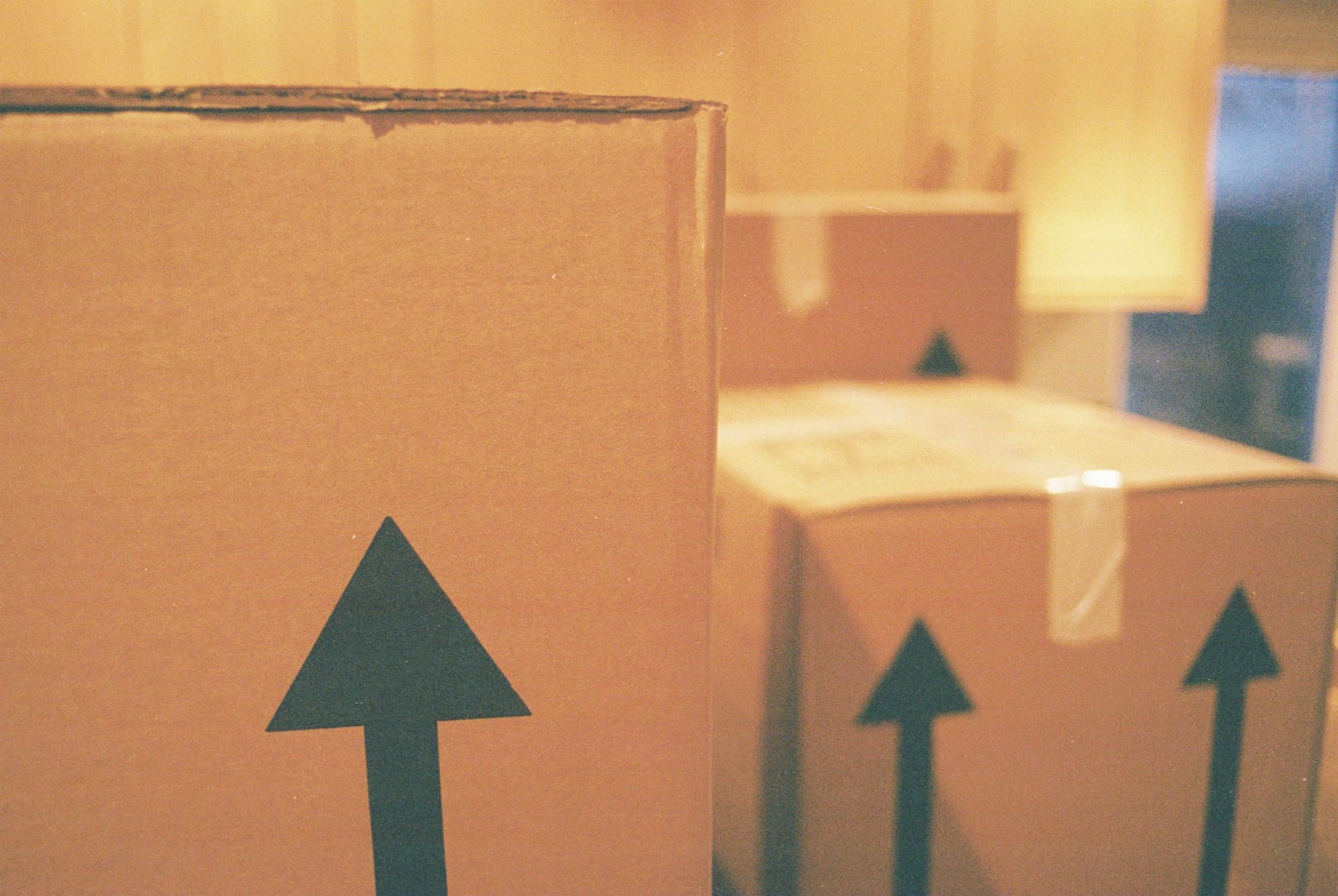Moving is such a huge responsibility. For some, it is one of the most stressful things to do and a lot of people tend to feel overwhelmed. From packing and coordinating with movers to the unloading of boxes and setting up your new home, there are so many different tasks that you should keep organized.

However, when you are preparing to move, there are also some hazards that you should avoid, as well as things you can do in making it much easier. In this article, written in collaboration with John Darnell a Washington DC real estate agent, we will guide you in making your move go a bit smoother and a bit easier. You will find that once you have done some planning and organizing, you will have time in enjoying various forthcoming changes in your life.
How to Organize Before a Move?
Here is a timeline on how to prepare and organize before a move. Use it in making the transition from your old home to a new one smoothly and stress-free.
Six Weeks before the Move

- Throw away, sell, or donate anything that you have not used during the last 6 months unless it is a useful tool or something that’s sentimental to you.
- Host a garage sale or make donations to get rid of any unnecessary items from your home.
- Take some measurements and pictures in your new home, in order to plan where the key pieces of furniture will go.
- Contact an insurance company so you can set up insurance in your new home or renter’s insurance if you are signing a lease contract.
- Create a binder or the moving folder where you can keep all your moving documents in one place.
- Buy essential packing supplies. Buy twice as much as you think you need.
- Notify the bill collectors off your new address.
- Make some travel arrangements if necessary. Book flights and hotels.
- Create a moving budget.
- Get estimates for movers and check their availability. Make sure that the company is insured, licensed, and has great references.
Four Weeks before the Move

- Arrange for your medical records to be sent to a new health-care provider or get copies of them. Ask for any referrals.
- Notify important parties like newspaper or magazine you subscribe to, utility companies, insurance, credit card, employer’s human resources department, brokerage firms, and banks about your new address.
- Go to your local post office and then fill out a change-of-address form. In the case of stragglers, it is always clever that you ask a close neighbor to look out for any mail after you have moved. Check them after the move, and again 2 weeks after.
- Choose your mover and get a confirmation of your moving date, costs, and some other details.
- Start packing the stuff that you use most often. While packing, you should note the items of special value, which may need additional insurance, form the moving company. Make sure to declare any items that are valued above $100 per pound, just like a computer.
Three Weeks before the Move

- Secure the movers and organize with friends and family if they are going to help with the move.
- Plan the layout of your new home so you might be able to provide clear and concise direction on a moving day.
- Download a moving planner application on your phone, which lets you take pictures of boxes and write short descriptions of what is in them.
- Prepare garage items first as they are not regularly used, dispose of paints and cleaning chemicals properly, drain liquids from small engines, and break down toys.
- Start to pack the things that you do not use regularly. Number or label them. Use your moving planner application for you to stay organized all the time.
- Ask for a day off from work to move.
- Call the utilities to shut off their services a day or two following the move date. You should give yourself extra time from work to move.
Two Weeks Before The Move
- If you have access to your new home, consider painting the walls and getting the carpets cleaned.
- Get serious about your packing. Pack bedrooms, bathrooms, and closets leaving out just what you need for the next two weeks.
- Check the freezer, begin to plan meals, based on what is left, in order to eliminate waste and to save money.
- Back up necessary files on the computer or tablets, in case something bad happens to them in moving.
- Take everything off your wall, wrap it if needed and pack it up.
- Separate the valuables. Anything that has high value, like antiques or jewelry, is something that you might want to put to one side and move by hand.
One Week before the Move

- Make some final donation. You may find some more stuff that you should get rid of.
- Refill the prescriptions that you need for the next month so that they are not forgotten.
- Address any minor repairs, which are necessary before moving, in order to get your security deposit back, when applicable.
- Pack the suitcases for every person at home with clothes for several days.
- Pack your kitchen –group them by the task. Mark the boxes that you must unpack first with any symbol you want.
- Pack your living room –put the hardware in labeled plastic bags for easy access,
- Confirm the moving date with your chosen movers.
- Schedule utilities to come on at your home.
Two Days before the Move
- Move the boxes into the main room and give each room of the house the last cleaning.
- Make sure that everything is off the walls and out of cabinets and closets.
- Disassemble furniture, in case the movers won’t do it.
- Make a kit for the things you will be needing right away after moving, just like:
- Comfort items for your kids
- Small electronics
- Phone numbers of movers
- Towels and dish soap
- Razors, shampoo, soap
- Shower curtain
- Small tool kit
- First aid kit
- Cellular phones and chargers
- Paper plates, paper towels, and toilet paper
- Trash bags
- Food for several days
- Medications
- Bedding
- Give the initial payment to the movers’ service. You may also wish to get cash out, which you can use to tip the movers.
Moving Day
- Break down the beds.
- Wrap the mattresses with plastic wrap, to preserve their cleanliness.
- Give the movers a tour of the home.
- Finish cleaning the home.
- Supervise the movers while they move your stuff.
- Do one last walkthrough. Look into the closets, cabinets, and drawers, in order to make sure that you have everything.
- Start to unpack your new home!
With this moving timeline, you might be able to move your stuff from your old home to your new ones stress-free! Furthermore, you will also be certain that everything will be alright. After all, knowing how to organize before a move is better than cramming during the moving day.
Final Thoughts
Moving might be such a huge leap in your life, but it is a big responsibility. Further, it’s one of the most stressful things to do. From packing and coordinating with the movers, to the unloading of boxes and setting up your new house, there are so many tasks that you must keep organized. But once you are done with the planning and organizing, you will have time to enjoy the amazing impending changes in your life.
Take time in planning and organizing your move, surely, this will lead you to a much better, lesser stressful, and more enjoyable moving. Planning and preparing to move from your house to another will involve a lengthy to-do list, but you have a lifespan to set up your new house the way you want it to be. We wish you all the best and happy moving!







